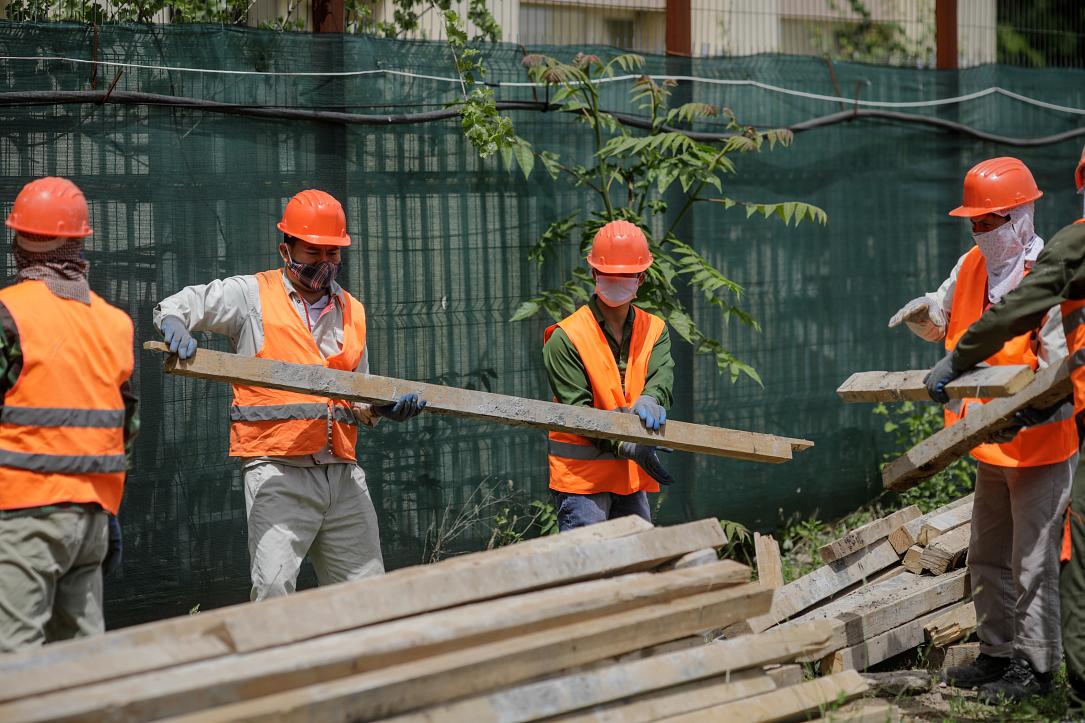Non-EU foreign workers in Romania to require written agreement of first employer to change jobs



The Romanian Government recently approved a series of legislative changes concerning the rights and obligations of non-EU employees, among them the obligation to obtain the written agreement of their first employer before they can change jobs during their first year under contract.
The new regulation comes in the context of a workforce deficit felt keenly by Romanian employers. Foreign workers are increasingly used to fill positions left vacant due to the lack of job-seekers in the country. However, once brought to Romania from non-EU countries, especially from Asia, foreign workers tend to abandon their first employer and change jobs.
The recently approved rules will make it so foreign workers wishing to change jobs in the first year after their arrival can do so only after obtaining the written agreement of their initial employer. The second employer will also have to follow a series of steps before hiring foreign workers, and will have to secure a work permit for the latter just as their first employer had.
The Government also clarified a series of situations in which foreign workers in Romania often found themselves. If, for example, a foreign worker changes their position but continues to work for the same employer that secured their initial work permit, the new permit is given without the need for the employer to pay their dues to the state for the last quarter prior to the application. They will also be able to do so without having to first look for a Romanian employee for that position.
There are also a series of situations in which the written agreement of the initial employer is not needed for foreigners looking to change jobs. Such is the case when the individual employment contract is terminated by the employer, when both parties agree to end their relationship, when the foreign citizen resigns, and when the employer does not fulfill his obligations under existing labor regulations.
“These are auspicious and long-awaited changes, considering the fact that the law regulating the employment of foreign citizens is old and designed when the socio-economic reality [in Romania] was different. At the moment, we have an approved quota [of foreign workers] that is four times larger than the one that was approved at the beginning of 2021,” says Marius Ștefănescu, head of an association of employers of foreign workers and member of Concordia Confederation’s board. “We’ve often noticed that Asian workers were leaving for other employers for a salary several tens of RON higher, which is not fair for the employer who invested time and money in recruiting and bringing them to Romania,” he argues.
Romania’s immigration offices signed over 90,000 work permits for non-EU workers this year. A similar number is to be approved for next year as well.
“If a few years ago, when the quota was lower, we had a small number of workers, between 5 and 10, recruited for a single employer, we’re now seeing 50-100 employees being brought in for a single company. The main countries from which foreign workers are recruited are Nepal, Sri Lanka, India, and Vietnam. The legislation needs to match realities in the market,” adds Melania Pop, business developer for International Work Finder.
radu@romania-insider
(Photo source: Cateyeperspective | Dreamstime.com)